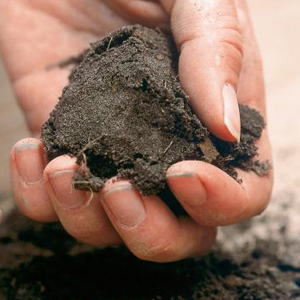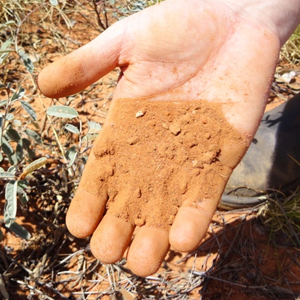Soil
To establish a healthy yard it is crucial to understand the soil type. No matter how much work you do in the yard and vegetable garden, all that careful sowing, weeding and tending could be in vain if the soil isn’t suited to the types of plants and shrubs you are planting. Every soil has its own mixture of minerals, organic and inorganic matter. This mixture largely determines what plants, shrubs or trees can be grown successfully. There are six basic types of soil.

Clay

Loam

Sand

Silt

Chalk

Humus
There are plants for every type of soil. Native plants are, by definition, adapted to the local soil. In normal circumstances there is no need to amend the soil; you just have to understand the type of soil you have and plant accordingly. Soil amendments are only necessary if the soil is very compacted, contains toxins, is depleted, or if you want to grow food. Before you start amending the soil we recommend you get your soil tested. Local agricultural extension offices will do this or you use Rutgers Experiment Station, Waypoint Analytical or Logan labs. This is not expensive and it will give you a better idea of what exactly your soil needs for improvement, if anything. These videos show how to take a soil sample.
Sample with household tools.
Take sample with an auger.
Sample taken from whole yard.
